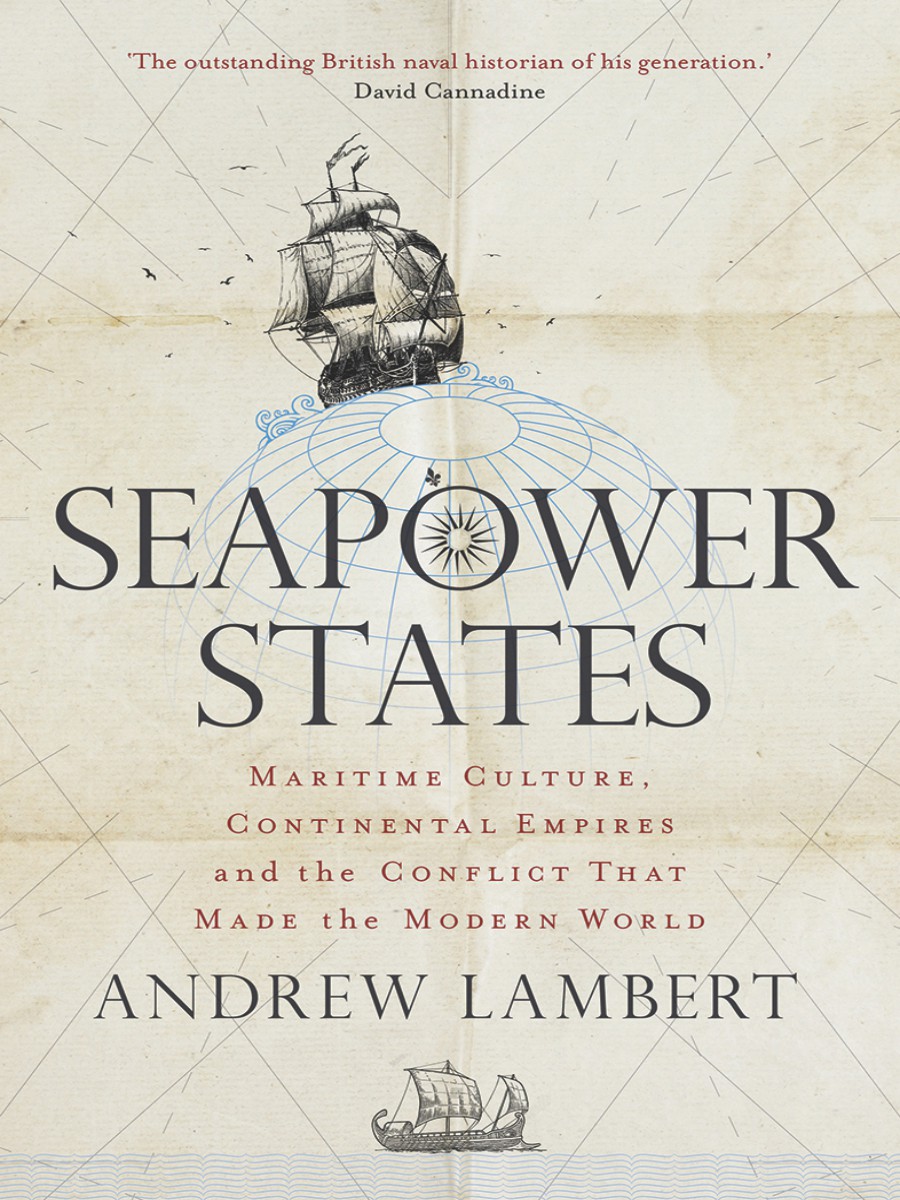

Most ebook files are in PDF format, so you can easily read them using various software such as Foxit Reader or directly on the Google Chrome browser.
Some ebook files are released by publishers in other formats such as .awz, .mobi, .epub, .fb2, etc. You may need to install specific software to read these formats on mobile/PC, such as Calibre.
Please read the tutorial at this link: https://ebookbell.com/faq
We offer FREE conversion to the popular formats you request; however, this may take some time. Therefore, right after payment, please email us, and we will try to provide the service as quickly as possible.
For some exceptional file formats or broken links (if any), please refrain from opening any disputes. Instead, email us first, and we will try to assist within a maximum of 6 hours.
EbookBell Team

5.0
28 reviewsOne of the most eminent historians of our age investigates the extraordinary success of five small maritime states
Andrew Lambert, author of The Challenge: Britain Against America in the Naval War of 1812—winner of the prestigious Anderson Medal—turns his attention to Athens, Carthage, Venice, the Dutch Republic, and Britain, examining how their identities as “seapowers” informed their actions and enabled them to achieve success disproportionate to their size.
Lambert demonstrates how creating maritime identities made these states more dynamic, open, and inclusive than their lumbering continental rivals. Only when they forgot this aspect of their identity did these nations begin to decline. Recognizing that the United States and China are modern naval powers—rather than seapowers—is essential to understanding current affairs, as well as the long-term trends in world history. This volume is a highly original “big think” analysis of five states whose success—and eventual failure—is a subject of enduring interest, by a scholar at the top of his game.
“Seapower States offers a wide-ranging analysis of how and why different seapowers have emerged and declined. In crisp and assertive prose, Lambert points out parallels and congruences between different states, arguing that they chose to construct ‘seapower’ identities. An impressive and important contribution.”—James Davey, author of In Nelson’s Wake
“An excellent much needed long-view historical narrative of the ideas of seapower and sea power. It shows how the classical heritage of the histories of the Peloponnesian and Punic wars have informed the rhetoric, grammar, metaphors and iconography of international politics for 500 years. It is well-written and well-structured, and leads to an important and provocative discussion of seapower and sea power in contemporary international relations.” —Richard Harding, author of Modern Naval History